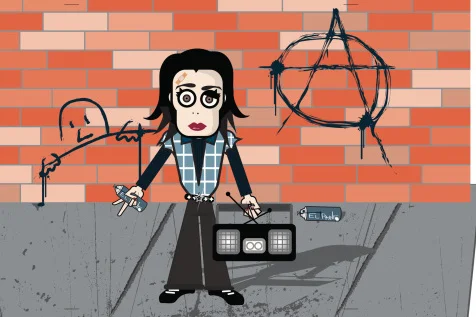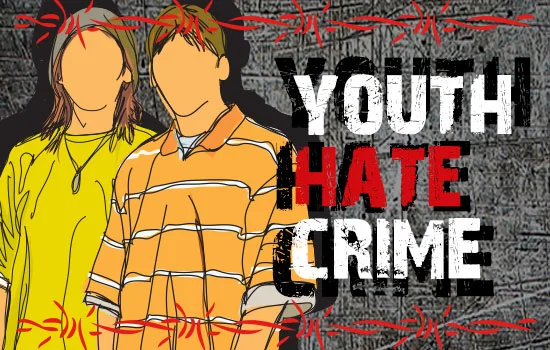+1 845 259 2974 (11 a.m to 7 p.m CST)
The Art of Dealing with a Difficult Teen

Mood swings, talking back, breaking curfews and swearing are part and parcel of teenage behavior that needs exceptional parenting skills to streamline. Your child’s behavior is a clear reflection of what is going on at home. Sooner this realization hits parents, sooner they will be able to rectify their kids’ behavior. Good or bad behavior says a lot more about your parenting skills than words ever can. How to deal with difficult teenagers is a question most parents would like an answer to. So let’s first see why teens behave badly and then ways of parenting difficult teenagers.
Of course, reasons behind teens’ rebellious behavior may vary from one individual to another, but following are the most common ones present in an average teenager.
Anger: One of the biggest reasons behind teenagers acting up is anger. Although it is a secondary emotion caused as a reaction to some other emotion, yet it can be a clear reflection of the teen’s state of mind. Teens express anger through blatant disrespect or disregard for others and their comfort. So if your usually well-behaved teen suddenly lashes out to your utter embarrassment and shock, take stock of recent events.
Control: Loss of control is another reason why teens act up, since loss of control can rattle even grown-ups. But sudden changes in location, status or settings might make the teen feel out of their depth and out of control. This too can trigger bad behavior.
Attention: Teenagers seek constant attention from people around them, especially parents. However, an attention starved child realizes that his good behavior is not doing the trick and his bad behavior is at least getting him noticed.
Control the damage
Previously experts believed that making eye contact and using a stern tone to show your disapproval of the teen’s behavior was good enough, but environment and teens have changed a lot. Today teens can use the most devious ways of diverting a parent’s focus from the real issue of conflict. It is therefore important that you stay focused on the results you expect to get from your conversation, rather than get distracted by the teen’s misbehavior tactics to divert you. It is crucial that you show the teen that their rude behavior will not get them the results they are looking for.
Another way of defusing the outburst of an angry child is by allowing them to explain their bad behavior. Make it clear that talking back, insulting or name calling will not be tolerated. If you feel the conversation is still not going in the direction you want it to or being conducted in a civilized manner, cut it short.
Is it ODD?
While it is important to teach children the civilities of living in a society as normal and productive members, it is also vital not to pressure them into submissiveness. A very disruptive and uncooperative child can make your blood boil very quickly, but it could also be a signal that the teen is suffering from Oppositional Defiant Disorder, or ODD. Some glaring signs for ODD are temper tantrums, argumentative attitude with adults, rebelling, blaming others for their mistakes, deliberate attempts to upset or annoy others, use of mean language and cruel name calling and spiteful or revengeful behavior on a routine basis.























